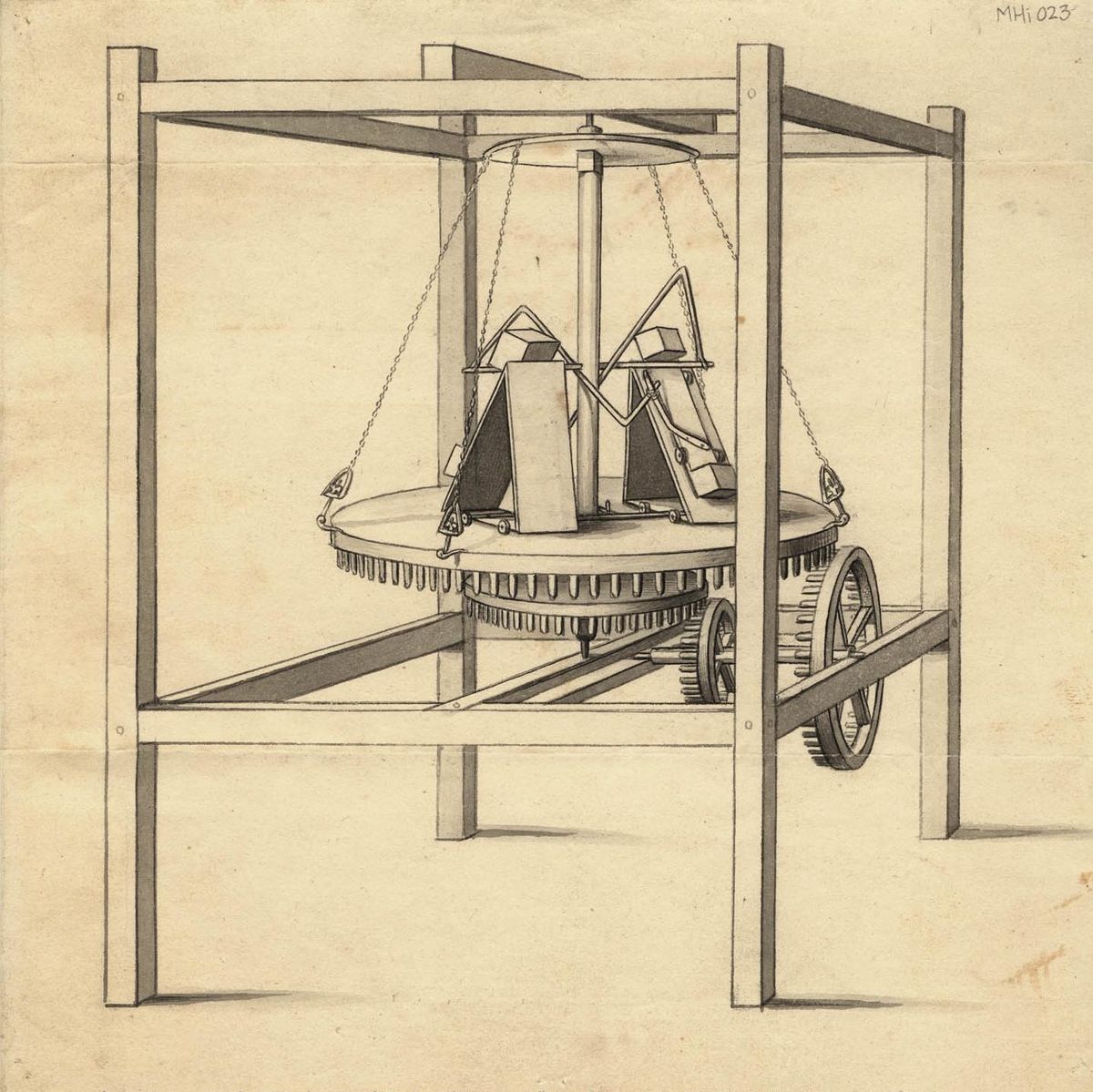Look, I would jump around screaming yee-haw right now, if someone had invented perpetual motion / "over unity". Nobody has been able to demonstrate such a thingy, because thermodynamics tells us that it is not possible. Anyone can make a Youtube video showing some sort of fraud that seems to work, but they have only proven their "concept" once it has been scrutinized by others, and that does not happen. Furthermore they would have to explain how it works, which they don't because that would contradict physics. It's a fraud, and in most cases it's an attempt to make people buy something that does not work, or raise money through crowd funding.
A perpetual motion or over-unity device is a device that, barring mechanical breakdown, is capable of running for an arbitrarily long period of time with no outside intervention or energy input. Such a device has never been built since the concept violates the laws of thermodynamics...

rationalwiki.org
There is a flow of energy going through the system we call Earth. The energy comes from the Sun and leaves in the form of heat. Tapping into that energy flow is possible, and it does not contradict physics. It is physics that has taught us what energy is and it's physics that has taught us how to extract energy from the Sun.
Ok, since you appear to prefer looking backwards, instead of forwards, consider the wheel, the bow and arrow, agriculture, architecture, mining, medicine, the heliocentric model of the Solar system, steam, electricity, ballistics, incandescent light globes, the internal combustion engine, plate tectonics, etc...
Things that were declared impossible, either because current thinking was limited by someone claiming or enforcing the resistance to change because it would disrupt their currently profitable business model or because it might offend the gods and condemn the people of the world to catastrophe and often both.
Bringing a disruptive technology to market requires TWO things: 1. Someone able to conceive and build a prototype that works, which they often want to give away for free since they appreciate the idea wasn't really theirs and 2. Someone willing to fund and champion said product in the face of "market" resistance.
It is very rare that the individuals in point 1. and 2. are one and the same. Inventors are typically not very business savvy, while shrewd capitalists aren't very creative, which is why they invest money hiring in those attributes and funding risky R&D projects that might provide a leading edge over their competitors.
Over-unity is a slightly different proposal. If and when it's perfected it is going to pose a massive threat to one of the largest and most aggressively protective industries on the planet. One that prefers you continue drawing energy from their metered grid and fuel from their metered pumps, on threat of military action.
It may have escaped you that the military is one of the largest single groups of consumers when it comes to fossil fuels, energy, single use and disposable technology to maintain its advantage over the perceived enemy so if the US Navy is now able to file patents for over-unity devices, what does that suggest to you?
If it was still "impossible" the patent office would have simply rejected it as such, but they did not. Why?


 www.theguardian.com
www.theguardian.com



